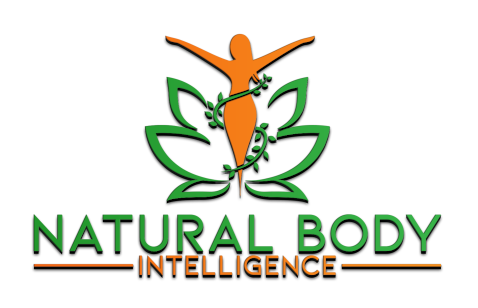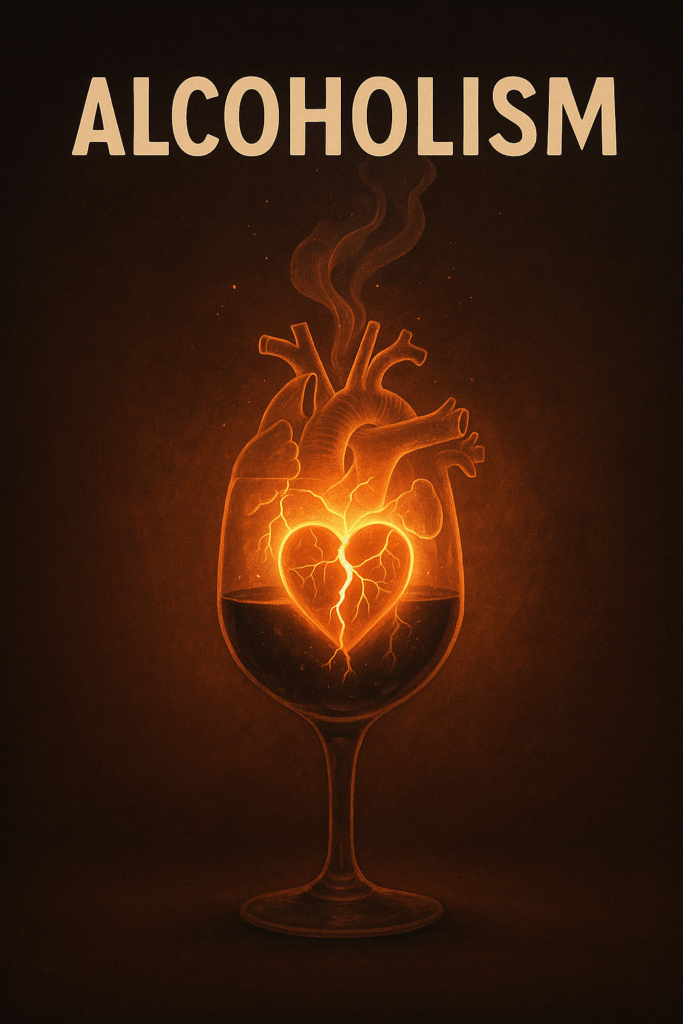Alcoholism: A Misunderstood Cry for Relief
Alcoholism is not a disease in the conventional sense—it is a condition of self-poisoning and emotional exhaustion. From a Natural Hygiene perspective, alcohol dependence is the body and mind’s desperate attempt to find temporary relief from discomfort. It is a symptom, not a cause. The real issue lies in the accumulation of toxins, emotional strain, and chronic enervation that precede it.
Most people who reach for alcohol do so to relax, unwind, or escape from tension. For a moment, the drink seems to deliver warmth, ease, and confidence. But this is only an illusion created by the anaesthetising effect of alcohol on the nervous system. It numbs pain—it does not remove it. Over time, this suppression deepens the inner imbalance that caused the craving in the first place.
Alcohol and the Body’s Chemistry
Alcohol is a nervous system depressant. It dulls the brain’s ability to perceive stress and pain, giving a false sense of peace. The liver, however, must work intensely to detoxify it. When this happens repeatedly, the liver becomes overburdened, digestion weakens, and the blood fills with waste products. The result is fatigue, irritability, and the very anxiety that one tried to escape from.
In Natural Hygiene terms, this is toxaemia—the presence of retained waste in the blood and tissues. The body, already struggling to eliminate toxins from poor diet, stress, and overstimulation, becomes even more burdened. Alcohol is not the cause of the disease; it is a symptom of the desire to suppress discomfort caused by previous violations of the laws of health.
The Real Cause: Enervation and Emotional Pain
The fundamental cause of alcoholism is energy depletion. When a person lives without adequate rest, proper nutrition, or emotional peace, the nervous system becomes exhausted. In this weakened state, the mind instinctively seeks stimulation or sedation to feel balanced again.
Alcohol provides both: it first stimulates, then sedates. But every time it’s used, it borrows energy from tomorrow. The next day, the body feels more depleted, the mind more anxious, and the craving stronger. This cycle of temporary relief followed by deeper fatigue is what keeps addiction alive.
Beneath the chemistry, however, lies emotional pain—unresolved tension, loneliness, grief, or guilt. The drinker is often not seeking alcohol itself, but the feeling of release it temporarily brings. Healing requires addressing this root cause, not suppressing the symptom.
Natural Hygiene Approach to Healing Alcoholism
True recovery begins by removing the causes of exhaustion and restoring the natural conditions for health. Medication, replacement addictions, and willpower alone are not enough. The body and mind must be given the chance to regenerate through rest, fasting, and emotional honesty.
1. Rest and Sleep
The body heals during rest, not stimulation. Early nights, naps, and time away from stressful environments are crucial.
2. Fasting and Detoxification
Short fasts or fruit-only days allow the liver and digestive system to recover. As the blood clears, clarity and calm return.
3. Pure Food and Water
Replace intoxicants with living foods: fresh fruit, salads, and tender greens. These cleanse and rehydrate the body.
4. Sunlight and Oxygen
Fresh air and sunlight are natural tonics that lift mood and restore energy to the nervous system.
5. Emotional Expression
Many turn to alcohol because they suppress what they feel. Tears, conversation, and creative expression release the pressure that drives dependency.
6. Connection and Simplicity
Isolation feeds addiction. Connection with others, time in nature, and a simpler lifestyle rebuild emotional health and resilience.
Healing is not about fighting cravings; it’s about creating a life where the craving no longer makes sense.
Beyond Addiction: The Call for Truth
Every addiction, including alcoholism, carries a hidden message. It says: “You have strayed from balance. You are seeking externally what can only be found within.” When the body and mind are restored to their natural state of clarity, the desire for intoxication fades naturally.
In Natural Hygiene, alcohol is seen not as an evil to be condemned, but as a signal of suffering to be understood. The solution is not punishment or guilt but restoration and compassion.
The body always strives for purity and peace. When we give it what it truly needs—clean food, rest, sunshine, emotional release—it no longer needs false comfort. Healing from alcoholism is, at its essence, the return to wholeness and truth.

